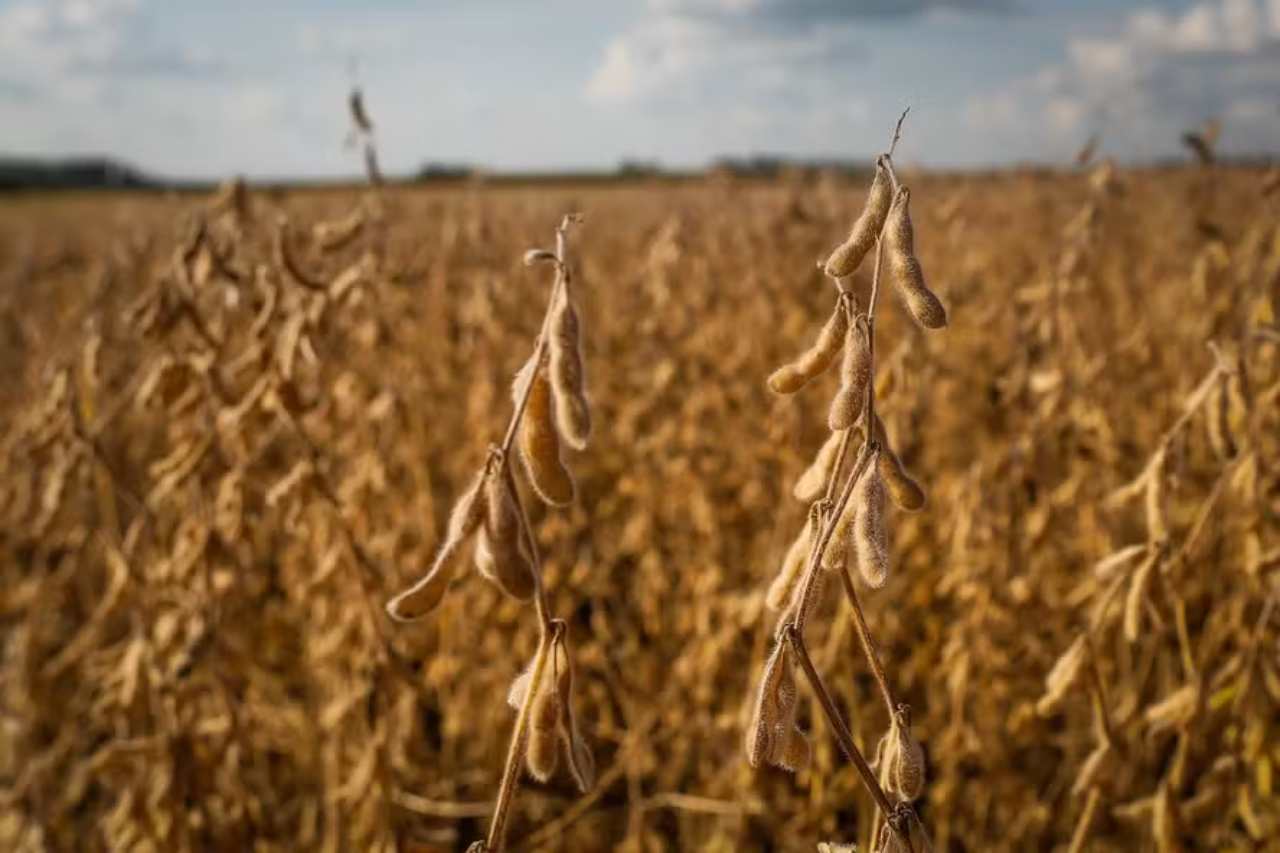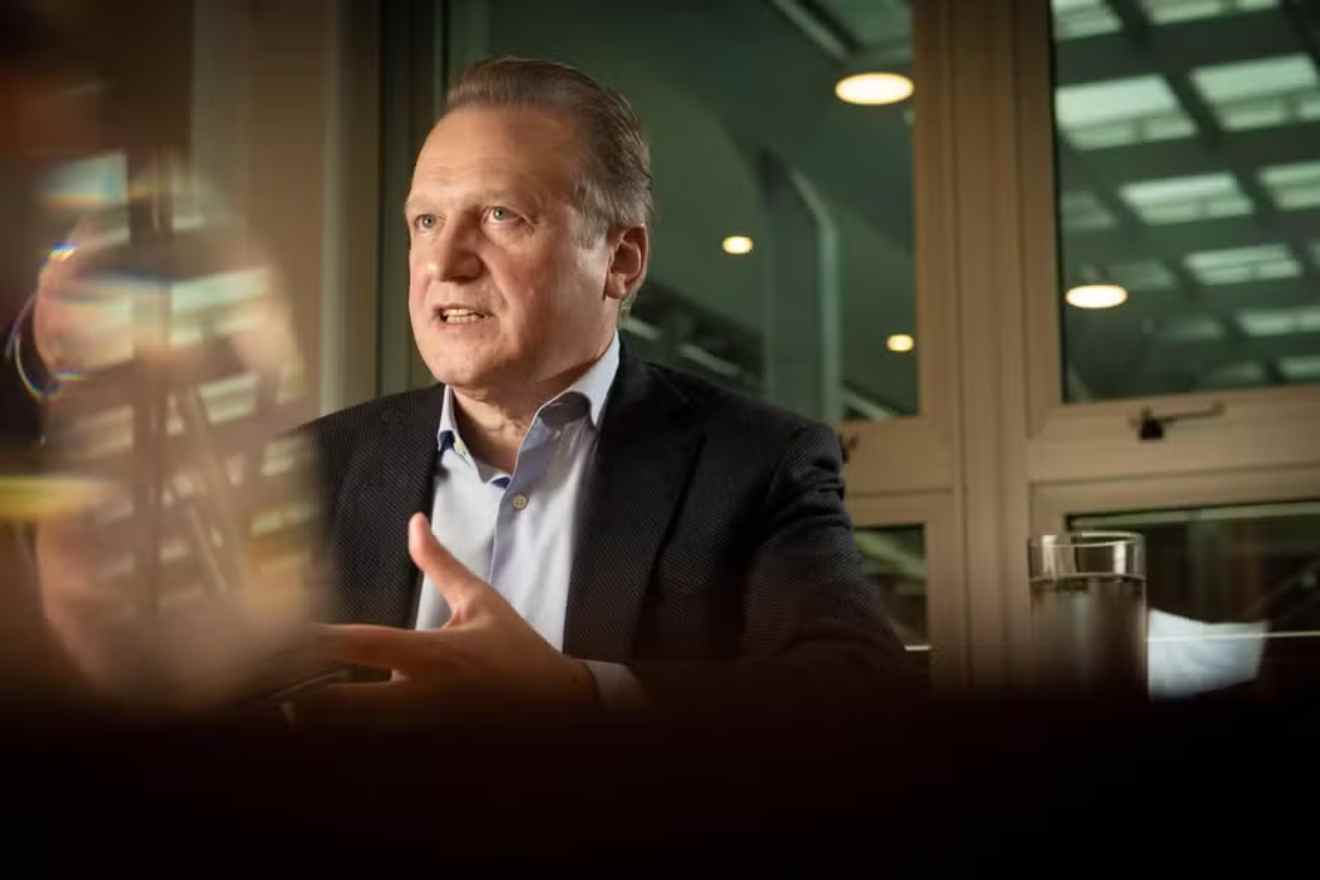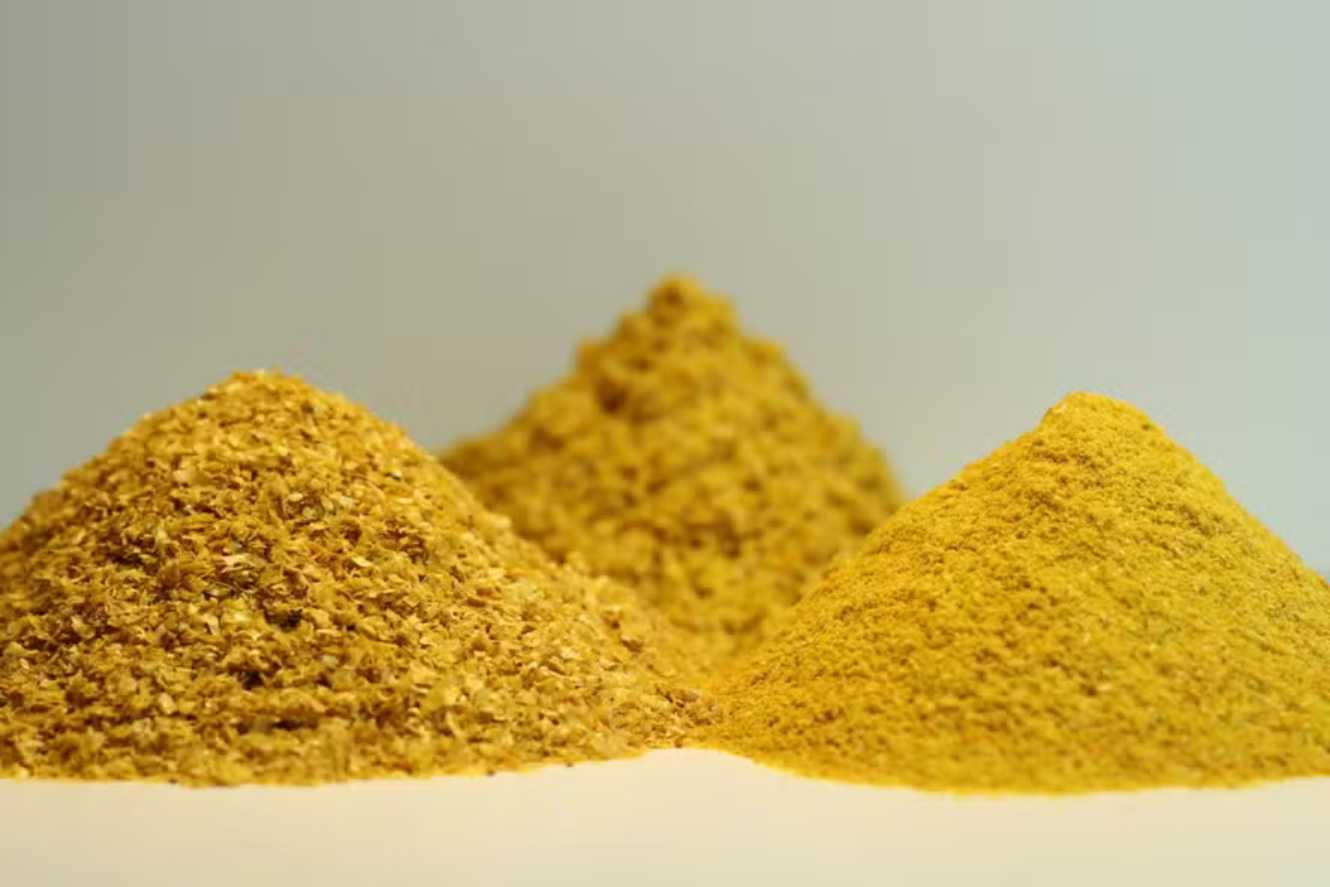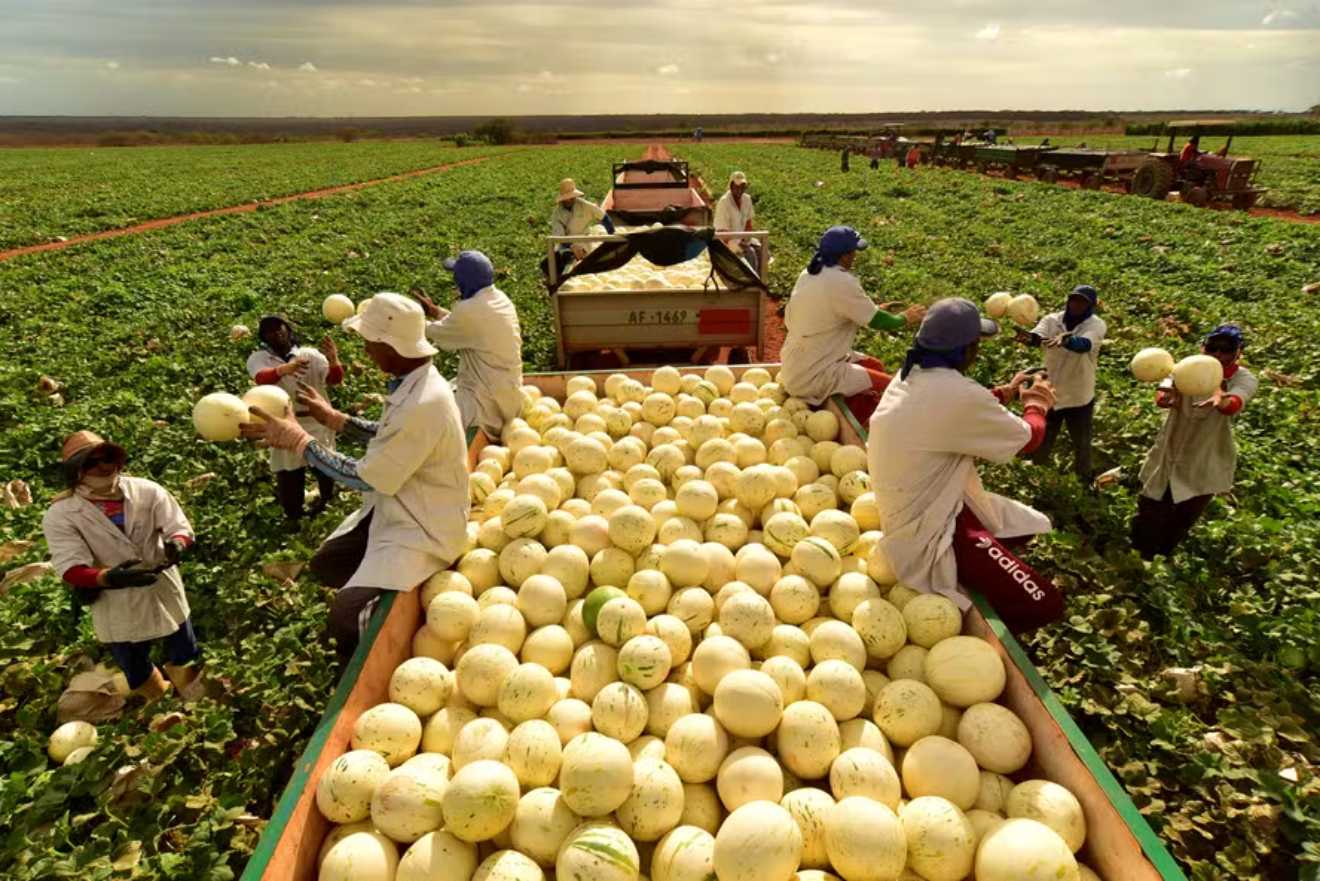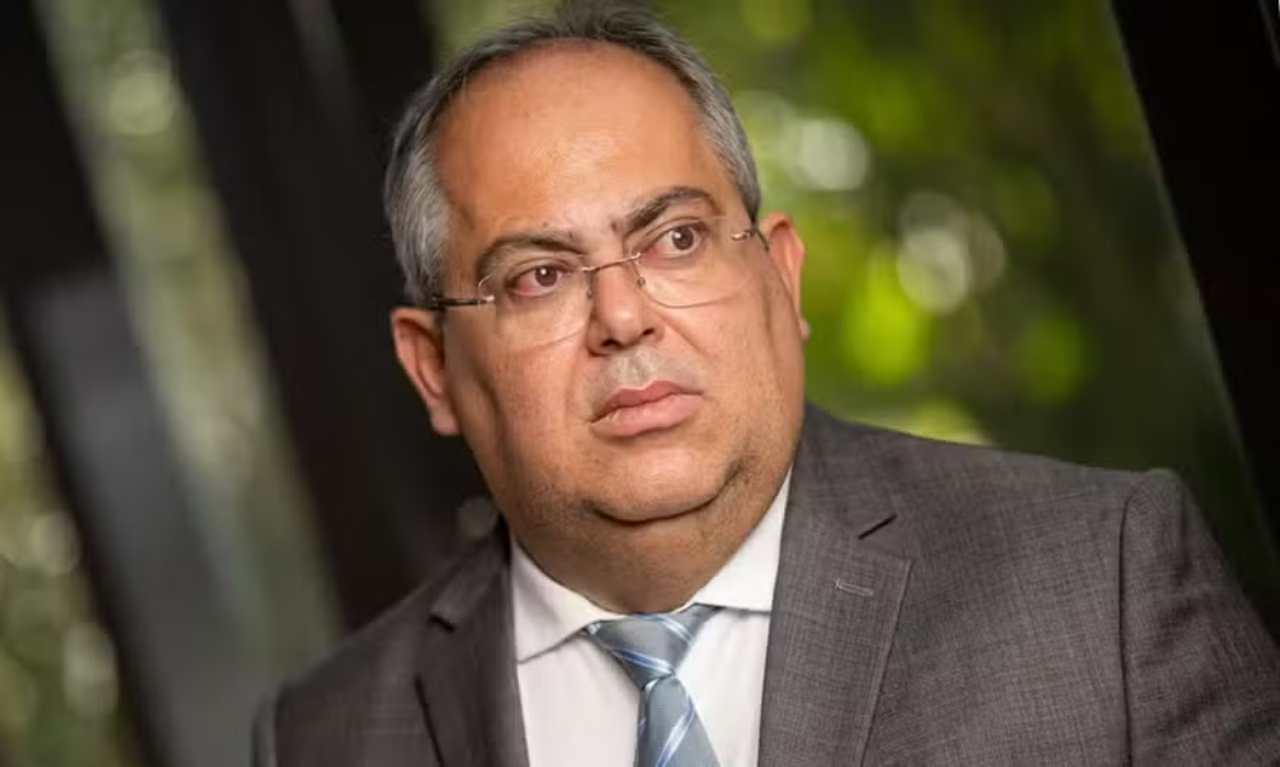Debts Totaling R$ 181 Million Prompt Legal Action
The Grupo Terra Fértil, based in Água Boa, Mato Grosso, has been granted judicial recovery by Judge Renan Carlos Leão Pereira do Nascimento of the 4th Civil Court of Rondonópolis. The group is facing debts amounting to R$ 181.1 million.
Owned by Paula and Vilson Andriollo and their son Tyrone, the family business focuses on the production of soy, corn, and sesame, as well as an integrated crop-livestock system (ILP) for cattle fattening.
According to Tarcísio Cardoso Tonhá Filho, the attorney from Frange Advogados representing the group, about 80% of the debt is owed to financial institutions, primarily Banco do Brasil and Caixa Econômica Federal. The group also has debts with suppliers but has no labor-related liabilities.
In his ruling, the judge noted that the group is “economically viable” and indicated that the owners are committed to preserving operations. The decision includes a 180-day period during which creditors cannot seize the group’s assets, allowing time for the Terra Fértil to draft a recovery plan for creditor approval.
The judge classified the assets listed by the group—farms, tractors, and machinery—as “essential,” meaning they will be retained during the recovery process. However, a Ducati motorcycle and grains produced by the group were excluded from the essential items list.
Grupo Terra Fértil operates on 3,600 hectares, with 3,000 hectares owned and 600 hectares leased, employing 30 people directly. The group has 180 days to develop a recovery plan, with expectations of a general creditors’ meeting next year to renegotiate debts, aiming to continue its operations in Água Boa and generate wealth and taxes for the region.
Historical Context
Founded in 2001, Grupo Terra Fértil faced its first crisis in 2004 due to economic challenges in Brazil. A decade later, extreme drought halted planting, leading to another financial struggle. In 2019, the owners sold farms in Ribeirão Cascalheira to pay down some debts.
In 2022, financial difficulties worsened as the Selic rate increased, causing loan interest rates to soar from 5.5% to 30.1%. Further complications arose from production losses due to drought in the second half of 2023. “The group renegotiated with creditors, but production losses significantly increased the debt,” noted Tonhá.
Additionally, the death of Vilson Andriollo’s father, Olmiro, in 2021 added to the group’s financial woes as debts were inherited, leading to R$ 40 million in liabilities that deepened the crisis.
“There was an expectation that the division of the father’s assets would be straightforward, but disputes among siblings have prolonged the process, resulting in a broader crisis,” explained the attorney.

